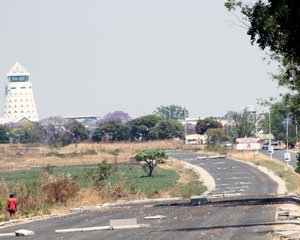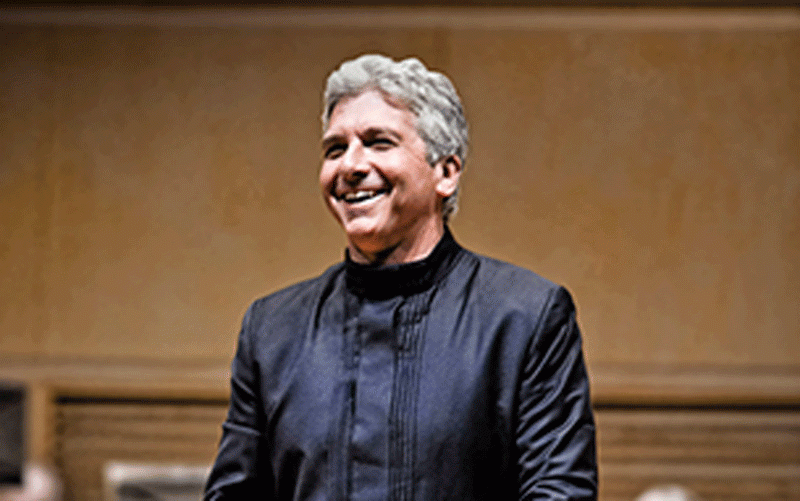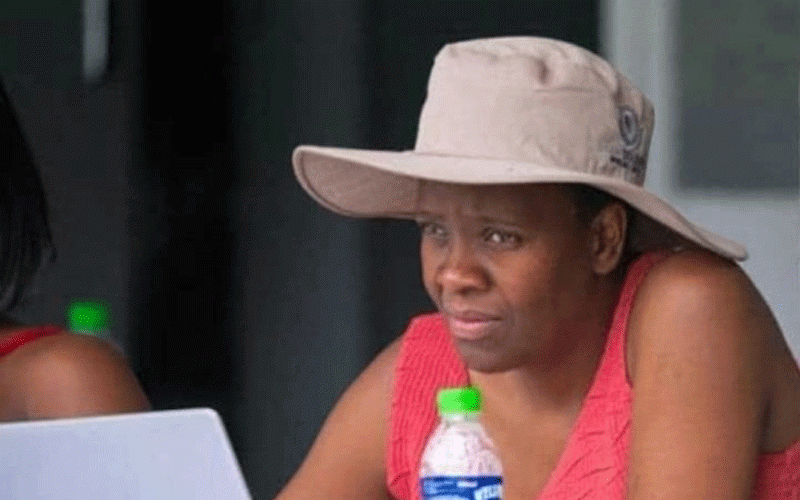
school of sport:with TIM MIDDLETON
A MASSIVE milestone for any teenager growing up is that moment when they pass their driving test! It is no easy task, overcoming dangerous drivers competing for space on the potholed roads or negotiating the minefield of driving regulations that seem to be ignored. For the teenager though it represents freedom, a whole new life. They can throw away the ‘L’ plates as now they know how to drive! They have arrived at adulthood! Their life is now complete! In truth, as we all know, it is not the end of the journey but only the beginning. Their learning is only just beginning.
The American author, Louis L’Amour, once said, “Too often I would hear men boast of the miles covered that day, rarely of what they had seen.” What he was referring to was the fact that people tend to look purely at the destination instead of all that the journey brings on the way. His point perhaps was that reaching one’s destination was not the real prize; the journey and all that it brought was of far more significance and indeed interest. Underlying that thought perhaps is the point that we are all seeking to reach the same destination but will find many different ways of getting there. We will all have a different story to tell about our journey — that is what is of interest.
In sports, that trend can also be seen very clearly. In our competitive fixtures we boast about the result at the end, by how many goals or points we have won (the miles covered). However, in doing so we are missing the whole point. Indeed, when we reflect on a match in the quietness of the after-match euphoria, our mind goes back, not to the result but to the passes we made (successful and unsuccessful, outrageously daring ones or simple orthodox ones); it goes back to the tackles we made or missed (some hard and bruising, others technical and effective, some late and clumsy, others beautifully clean and snappy). We bring to mind the shots we had (some on target, others far off course, some absolute ‘belters’, others simple taps); we recall the moves that we broke down by our clever positioning and astute reading of the game or we revise why we gave the opposition too much time to move the ball. We remember with satisfaction the run we made to create space for our team mate and the dummy we did that opened up acres of space for us to drive towards the goal. We run through the timely interception we made that thwarted a promising attack, and the strong clearance that started the attack that almost led to a goal. We kick ourselves for not defending a set piece and we berate ourselves for not tracking back quickly enough to stop a goal.
Those are the things that come to our mind, though they are not what we boast about. Those are the things that will help us to reach our destination. For just as passing the Learner’s Test in driving is not the destination but only the beginning of the journey, so a competitive fixture is not the destination, but only the start, only part of the journey. We compete in order that ultimately we may be able to complete, to complete our education, our journey, our character-building.
Some of us of a particular generation may remember the gymnastics from the 1976 Munich Olympics when Nadia Comaneci, the teenage Romanian gymnast, stunned the world with her extraordinary performances. Again and again she scored the unprecedented maximum scores of 10. All the bedazzled commentator could sigh was, “Absolute perfection!” To an extent he was right; her performances were absolute perfection. However he was wrong in that Comaneci had not achieved absolute perfection as there were still other times when she did not score the maximum 10. Her journey towards absolute perfection was still continuing. She may have won numerous gold medals, and, what is more, delighted millions of people in doing so, but she had not arrived.
Indeed the Olympic symbol perhaps illustrates this as well. A circle, a ring, is a symbol of perfection, of something that is complete. The Olympic motto and ethos though suggest, as any sportsperson knows, that for a sportsman we can always try to go faster, higher, stronger. We have never reached our destination and even if we had the stories that can and should be told about the journey are what counts far more. There is always more to learn, not least from the stories others tell about their experiences along the way. We have seen how we compete in order to survive, drive, strive, thrive, but we also compete to arrive — and to do that we compete to live. We compete so that we can be complete — but, above all, we must make sure we value what happens on the way.
l Tim Middleton is a former international hockey player and headmaster, currently serving as the executive director of the Association of Trust Schools Email: [email protected].











